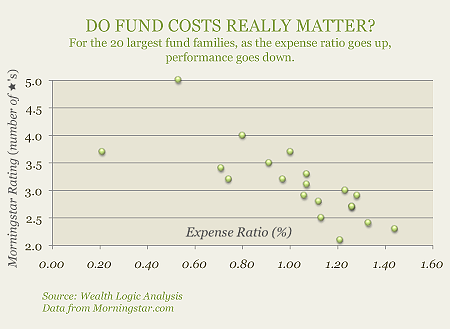Mutual fund fees What do they pay for
Post on: 24 Май, 2015 No Comment

When you shop for any products or services, you expect to find that different companies charge different prices for what they offer. Mutual funds are no exception, and you should evaluate the fees that various funds charge as part of choosing among them.
Overview
The more you pay in fees, the more the fund must earn for you to realize the equivalent return from a fund that charges less to make the same types of investments. Fees can range from a low of 0.10% to a high of 8.5% of the assets you have in the fund. You can find most of the information on what the fees are and how they are paid in the funds prospectus, on the fund companys website or from your investment adviser.
Expense ratio. You pay an annual percentage of your accounts value for management and operating expenses. Since this is a recurring rather than a one-time fee, its especially important in evaluating a funds cost.
Transaction fees. Your share of the commissions and other expenses the fund has in buying and selling investments are deducted before the return is added to your account. Some funds trade frequently while others, such as index funds, trade only when the securities in the index change. Unlike most of the other fees, transaction fees are not listed as a separate amount or percentage.
Sales charges. You may pay a percentage of the amount you invest as a sales charge when you buy shares in a fund or you may pay sales charges if you sell within a certain time period after you purchase your shares. These charges are known as loads. Other funds, called no-load funds, do not have sales charges. If you pay sales charges when you buy, those shares are usually known as Class A shares. If you pay when you sell, those shares are usually known as Class B shares. There are often other classes of shares as well, indicated by different letters.
Redemption charges. You may have to pay a fee if you sell shares within a specific period of time after purchase to prevent a practice known as market timing.
Marketing fees, called 12b-1 fees. You may be charged an annual fee to cover marketing and advertising expenses and sometimes to pay bonuses to professionals managing the fund if results exceed certain performance targets.
Exchange fees. You may pay a fee to move money from one fund to another within a group of funds offered by the same investment company.














